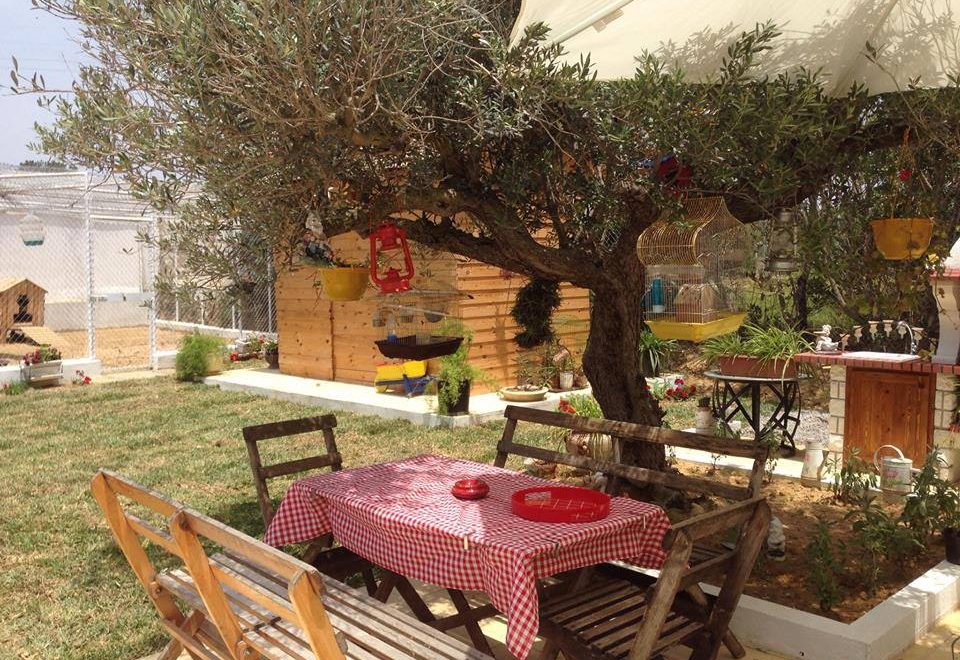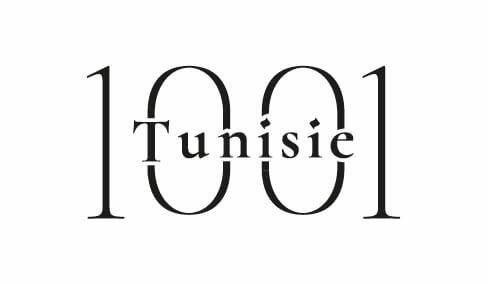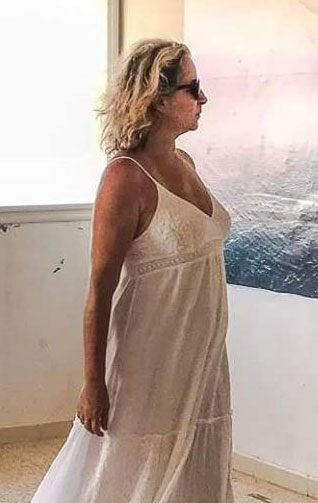
A new tourist activity begins to emerge in Tunisia, agritourism. This one is carried essentially the tables of hosts which open in the campaigns of the country. The offer is based on an agricultural immersion that allows to observe or participate in an agricultural activity, eat organic or typical, go for walks with friends or family …
In the 17th episode of “Alf Thneya we thneya”, 1001Tunisia capsule sponsored by La Badira (https://www.facebook.com/labadira/) and its Spa by Clarins, we are heading to the tables of hosts in Tunisia. One fact is certain, there is more and more. But how does it work ? What is the concept? How to organize to enjoy it?

If there is one thing to remember, it is that first of all a table d’hôtes is not a restaurant. As a general rule, establishments offer a predefined menu and most of them work by reservation. Until then, in Tunisia, the tables of hosts were proposed in the houses of hosts. But in recent times, many farm farms offer meals on the farm and that’s good!
Each farm adopts a concept of its own. Among those who believe that receiving the world is an original way to sell their products and those that are part of a more united approach, there is really a choice. Farm meals are now available in Jedaida, Mornag, Beni Khalled, Bizerte, Zaghouan, Tekelsa …
In general, meal prices range from 30 to 50 dinars and special prices for children are often available.

Small tour of the tables of hosts in the countryside:
Our first example, the table of hosts of the farm Zitoun Chouigui
(https://www.facebook.com/FERME-Zitoun-Chouigui-320620861667807/). Located a few kilometers from Teboulba, in Chouigui, birthplace of Philippe Seguin, French political figure, this farm is reputed especially an exceptional couscous based black lamb of Thibar. Specialized in childcare, Zitoun Chouigui farm takes the bet of serenity and conviviality. A little editorial advice, try the “Marka Hlowa”. It is exceptional.
 A little further, in Mornag is the farm Firmetna (https://www.facebook.com/firmetna/). This one works on another concept. She receives groups and families for her own events. The idea is to enjoy, for a day (from 8h to 17h), a complete program with lunch, music, discovery of the region, dancing, walking, …
A little further, in Mornag is the farm Firmetna (https://www.facebook.com/firmetna/). This one works on another concept. She receives groups and families for her own events. The idea is to enjoy, for a day (from 8h to 17h), a complete program with lunch, music, discovery of the region, dancing, walking, …
 Elsewhere, in Jdaida, we propose to you the table d’hôtes Romena (https://www.facebook.com/RomenaTabledhote/), whose concept revolves around traditional menus made with fresh and local products. The place is a haven for children who can particularly romp, with donkey rides, moments of familiarization with farm animals, trampoline, … The establishment even has a large grassy football pitch
Elsewhere, in Jdaida, we propose to you the table d’hôtes Romena (https://www.facebook.com/RomenaTabledhote/), whose concept revolves around traditional menus made with fresh and local products. The place is a haven for children who can particularly romp, with donkey rides, moments of familiarization with farm animals, trampoline, … The establishment even has a large grassy football pitch
 On the side of Cape Good, a farm farm particularly caught our attention, as it has managed to create the first agri-camping in Tunisia. This is the Oléastre (https://www.facebook.com/AgriCampingOleastreTakelsa/). This farm of 100 hectares produces organic olive oil, welcomes young people who want to make an agricultural immersion and fights for the protection of farm animals from abuse, especially donkeys.
On the side of Cape Good, a farm farm particularly caught our attention, as it has managed to create the first agri-camping in Tunisia. This is the Oléastre (https://www.facebook.com/AgriCampingOleastreTakelsa/). This farm of 100 hectares produces organic olive oil, welcomes young people who want to make an agricultural immersion and fights for the protection of farm animals from abuse, especially donkeys.
 In the same area, and more precisely in Korba, is another table d’hôtes, Sawa (https://www.facebook.com/Sawatabledhotes/).
In the same area, and more precisely in Korba, is another table d’hôtes, Sawa (https://www.facebook.com/Sawatabledhotes/).
This farm is engaged with the women producers of the region. Lamia Temimi, in addition to her communication skills, cook and farmer, collects local products produced by women around her property and offers them for sale in her farm but also in Tunis. Thus, Mrs. Temini delivers baskets to Tunis, on command including products of all kinds: honeys, jams, “mhamssa”, couscous, “smen”, spices, breads, harissa …
In conclusion, these farms, through their activities, participate in the construction of a Tunisian model of agritourism and help to make known localities, villages and regions of Tunisia. We wish them all good luck, while reminding you that they only work by reservation so do not forget to contact them before you go!
Feel free to listen to the podcast:


 َAbonnez-vous
َAbonnez-vous

